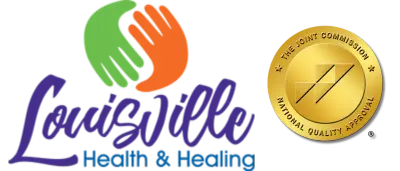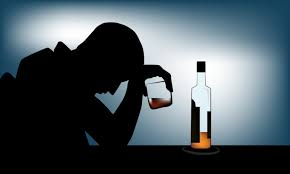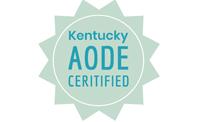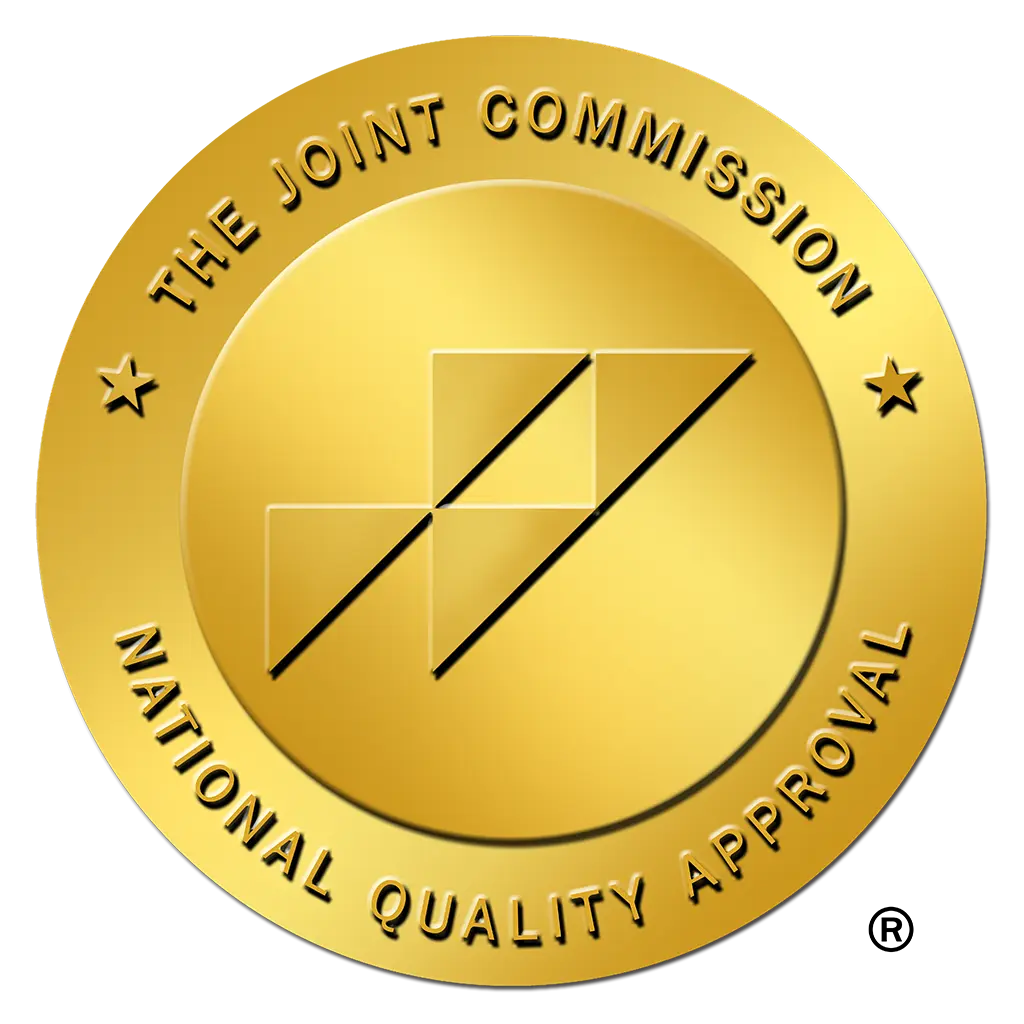Uh Oh…Is it Alcoholism?
Working in the field of substance use treatment, one of the most common areas of confusion for clients and family is whether someone has a “drinking problem.” This is a topic that is discussed by friends, family and coworkers quite frequently. It can sound like, “John drinks every day, and on the weekends, he starts drinking before lunch. I think he has a drinking problem.” Sometimes, it sounds like, “Jane isn’t an Alcoholic, she just enjoys her wine, it takes the edge off. I mean, look at how her husband treats her!” But who is to say when alcohol use is a problem for any individual? After all, it is an accepted, popular, and even promoted activity at most social gatherings. In fact, people who do not drink often complain that people continue to pressure them to just have one until they give a direct answer such as “I’m in recovery,” or “I have health problems.” To make things more complex we have terms floating around like Functional Alcoholic and Dry Drunk. What does all that even mean? Well, that’s for another day and time. For now, consider the diagnostic criteria for Alcohol Use Disorder, the official diagnosis according to the Diagnostic and Statistical Manual of Mental Health Disorders, 5th Edition or the DSM-V.
According to the DSM-5, someone meets criteria for alcohol use disorder if they have at least two of the following problems within a 12-month period:
Alcohol is consumed in larger quantity or for a longer period than intended. The person has tried but has been unsuccessful at cutting back. They may spend a great deal of time recovering from alcohol use or planning for and obtaining alcohol. They experience cravings or what some describe as urges and/or persistent thoughts to drink. Alcohol use has contributed to problems at work, school, home or with family and friends. It’s common for people to give up social activities or hobbies and other interests as a result of their drinking pattern. Some may even put themselves in danger, such as driving while intoxicated or using weapons when they are under the influence. Furthermore, one may continue to drink alcohol despite knowing it is impairing their health. Physical symptoms include tolerance to alcohol and withdrawal when they do not drink.
Be careful to assume these statements are as simple as they sound. These criteria can be widely interpreted. Therefore, it is best to let a professional with experience help sort through the symptoms. Addiction treatment specialists can interview people with trained objectivity leading to a more accurate assessment.
You may have noticed that the criterion does not mention quantity or frequency of alcohol use. There is no concrete marker such as 5 beers per day means there’s a problem. This is because each person’s body metabolizes alcohol a little differently, affecting the rate and level of intoxication per unit of substance. Moreover, the primary characteristic for problem vs. no problem with alcohol is the person’s life functioning. There are people who drink everyday or nearly every day, and they have no health concerns, no social or family problems, no employment issues and no financial consequences. It could be argued that the same person may end up with health problems or other issues later in life, but for now and for the duration of at least the past year they are doing quite well. Furthermore, the context of a person’s life changes the nature of the situation. For instance, if someone drinks in the evening to wind down and enjoy themselves, then there isn’t necessarily a problem. However, it would be more concerning if the same person drank alcohol each evening because they were depressed or anxious. This STILL doesn’t mean they have a problem, but it could mean they are developing one.
Obviously, the issue of alcohol use disorder is a serious one. Most of us are aware of the physical health problems of chronic alcohol use including liver disease, heart and circulatory issues, and weight gain. Many people are not aware, however, of the impact on mental health. Chronic and heavy alcohol use impacts the neurochemistry of the brain, that is why it is called a depressant. Overtime, alcohol can perpetuate anxiety and depression after its initial sedative and inhibitory effects on the mind. That’s concerning since the pattern of—comfort then pain then comfort then pain—leads to self-medication. Over time, the person develops tolerance and naturally they begin to ingest more and more, little by little. Therefore, alcohol use problems are progressive; meaning at one moment a person may have a pattern of drinking considered normal, but years later they meet the criteria for having an alcohol use disorder.
As you can tell, this is a tricky thing to understand. Professionals who treat these disorders are required to have 4-8 years of training depending on their credentials. Given the stakes and the complexity, it is strongly recommended that suspicion of a problem should be brought to the attention of a health professional. If someone is going to attempt to stop drinking, it is also important to do so under the care of a doctor. Alcohol is one of the two most dangerous substances to stop using. Due to the tolerance developed during chronic use of alcohol, people often experience withdrawal symptoms, some of which can be fatal. To learn more about alcohol withdrawal, you can visit SAMHSA here: https://www.samhsa.gov/find-help/atod or speak with your primary care provider.
If you suspect someone you know has a problem, or think you may have a problem yourself, you can call the SAMHSA hotline at 1-800-662-(4357) and learn more at https://www.samhsa.gov/find-help/disorders. You can also call our office to meet with a counselor to discuss in more detail.











Leave a Reply
Want to join the discussion?Feel free to contribute!